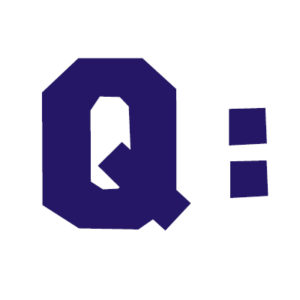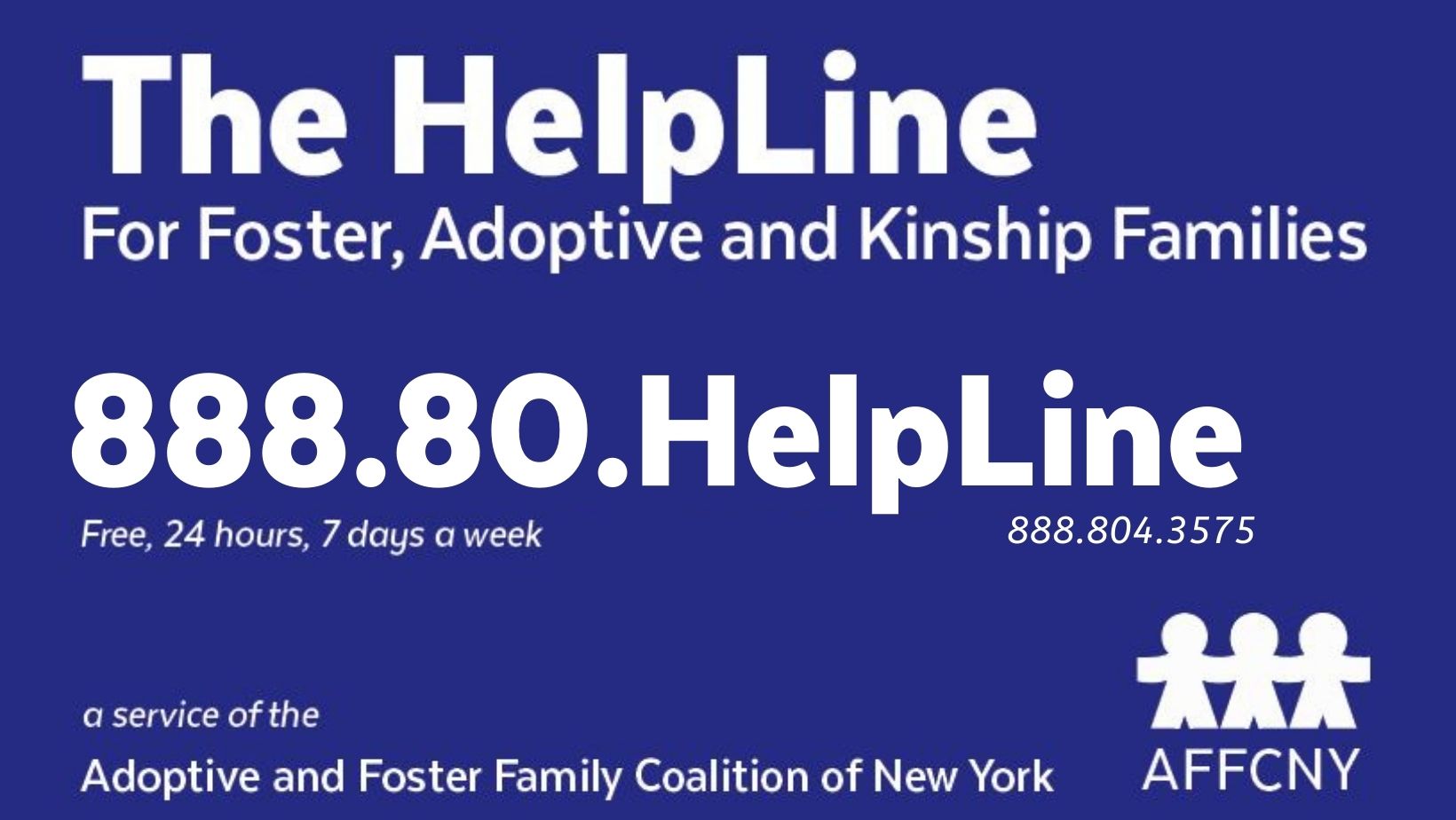The question for April 1, 2020 comes from Todd and Chris in Brooklyn:


Our nephew is in our care and he has an Individualized Education Plan (IEP).
![]()
As his foster parents, are we allowed to attend the Committee on Special Education (CSE) meeting?
The Coalition answers:

You are allowed to attend, but you might now be able to sign any consents, below we outline several scenarios.
In NYC for example, consent is required for evaluation, and then must be given again for services to be initiated. Ordinarily, the student’s birth or adoptive parent or court-appointed guardian may give consent. If the student is in foster care and his or her parents’ rights have been terminated, a foster parent is authorized to act as his or her parent. If his or her parents can’t be identified or their whereabouts are unknown despite reasonable efforts to locate them, a “surrogate parent” must be appointed by the CSE. This person may be and usually is the foster parent. No person employed by the foster care agency from which the child is receiving services, or from ACS, may act as surrogate parent or give consent to the CSE. If there is no foster parent, as with a student in a group home, the CSE must identify a person qualified to act as surrogate parent.
See below – Per the NYSED during COVID-19 in a memo dated March 27, 2020:
In the event that a school is closed, would a Committee be required to meet in person to amend a student’s IEP?
No, provided the parent and school district agree. The parent and the school district may agree not to convene a Committee meeting for the purposes of making changes to a student’s IEP after an annual review, and instead may develop a written document to amend or modify the student’s current IEP. In addition, when conducting Committee meetings, the parent and school district may agree to use alternative means of participation, such as video conferences and conference calls.
Can communication with parents regarding their child’s IEP services be done electronically?
Yes, provided the parent and school district agree. School districts should develop a protocol to communicate proactively with parents and guardians regarding their child’s IEP services in their language or mode of communication, unless it is clearly not feasible to do so (including as appropriate the use of real time translation via conference call or video conference for parents of English Language Learners with disabilities). Under federal and State law and regulation, parents may elect to receive prior written notices, procedural safeguards notices, and due process complaint notices by electronic mail communication, if the school district makes that option available. Nothing would prohibit the use of electronic mail to carry out administrative matters, so long as the parent of the student with a disability and the school district agree. School districts may also use electronic or digital signatures for consent, provided they take the necessary steps to ensure that there are appropriate safeguards to protect the integrity of the process. A parent must understand and agree to the carrying out of the activity for which consent is sought.
Do you have a question? Call us on the HelpLine!
Call the Adoptive and Foster Family Coalition of New York’s toll free HelpLine at 888-354-1342: the only FREE statewide 24/7 service of its kind for designed specifically to assist foster parents, kinship carers, adoptive families, related professionals and those wishing to foster or become parents. We have the support you need right now.

